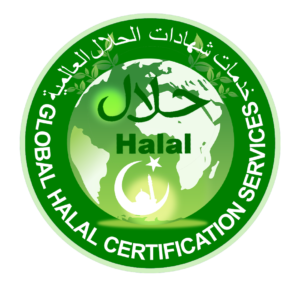
Halal certification is a process used to certify food items and other consumables that are permissible for consumption and used by Muslims, based on Islamic law, the Shariah. Halal Certification India is a certification for food and beverages, which is meant to assure consumers that the products are free from any material that is not allowed in Islam. Halal certification is a voluntary certification process and is not a law, But it does imply that the certification will be granted to entities that meet the criteria. The main criteria for Halal certification are free from any material that is not allowed in Islam. Halal certification in India is not mandatory unless the products are offered for sale in a country where the law requires such certification. Halal certification India is in place to assure Muslim consumers that the food they are buying is free from any material that is not allowed in Islam. Halal certification India is certified by Central Council for Research in Islamic Law, which is the same body that certifies the Halal certification for the US. The certification is administered by the Central Council for Research in Islamic Law. Certification is not a law and is voluntary. An individual or a company can voluntarily choose to be certified, but it is not mandatory. Halal certification is not just about food and beverages, but also any item that is made for human consumption. There are many certifying bodies for Halal certification, including the Halal Certificate Authority and the Halal Food Authority.
